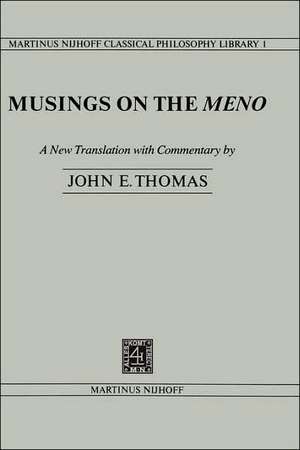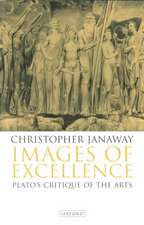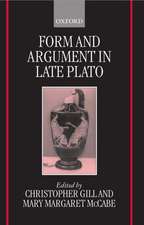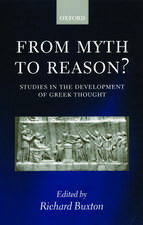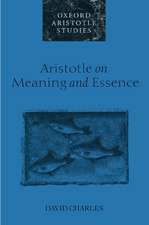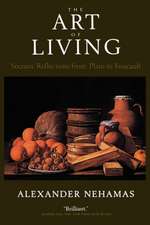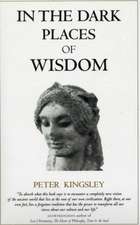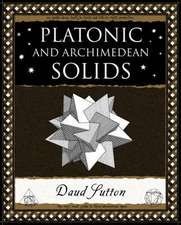Musings on the Meno: Nijhoff Classical Philosophy Library, cartea 1
Autor J.E. Thomasen Limba Engleză Paperback – 31 mar 1980
Preț: 643.84 lei
Preț vechi: 757.46 lei
-15% Nou
Puncte Express: 966
Preț estimativ în valută:
123.20€ • 134.36$ • 103.88£
123.20€ • 134.36$ • 103.88£
Carte tipărită la comandă
Livrare economică 24 aprilie-08 mai
Preluare comenzi: 021 569.72.76
Specificații
ISBN-13: 9789024721214
ISBN-10: 9024721210
Pagini: 240
Ilustrații: XIV, 222 p.
Dimensiuni: 160 x 240 x 13 mm
Greutate: 0.51 kg
Ediția:Softcover reprint of the original 1st ed. 1980
Editura: SPRINGER NETHERLANDS
Colecția Springer
Seria Nijhoff Classical Philosophy Library
Locul publicării:Dordrecht, Netherlands
ISBN-10: 9024721210
Pagini: 240
Ilustrații: XIV, 222 p.
Dimensiuni: 160 x 240 x 13 mm
Greutate: 0.51 kg
Ediția:Softcover reprint of the original 1st ed. 1980
Editura: SPRINGER NETHERLANDS
Colecția Springer
Seria Nijhoff Classical Philosophy Library
Locul publicării:Dordrecht, Netherlands
Public țintă
ResearchCuprins
to the Meno.- A. Plato, the Man.- B. Plato’s Use of Dialogue Form.- C. The Meno as a Transitional Dialogue.- D. Plato on Socrates and Sophistry.- E. The Date of the Meno.- F. The Characters of the Meno.- Translation of the Meno.- Commentary.- I. Socrates’ Elenchos at Work (70a1–81a7).- 1. The Opening Conversation: The Relevance of the Ti-Poion Distinction (70a1–71b7).- 2. Lesson One: Definition Is Not Enumeration (71e–73c5).- 3. Lesson Two: Correct Form Isn’t Everything (73c8–75a9).- 4. Models for Muddles (75b1–77a5).- 5. Digression on the Logic of the What-is-X Question.- 6. Lesson Three: You Can’t Teach an Old Dog New Tricks (77a5–79e4).- 7. Perplexity and Paradox (79e5–81a7).- II. Anamn?sis (81a10–86c6).- 1. Knowledge as Recollection: (i) Narration (81a10–82a6).- 2. Knowledge as Recollection: (ii) Demonstration (82a8–86c6).- III. The Method of Hypothesis (86c7–100c2).- 1. Introduction of the Method: The Geometrical Example (86c7–87b2.- 2. Application of the Method: ‘Virtue is Knowledge’ Established (87b2–89c4).- 3. Ramification of the Method: ‘Virtue is Knowledge’ Challenged (89c5–96c10).- 4. True Opinion versus Knowledge (96d1–100c2).- Name Index.
